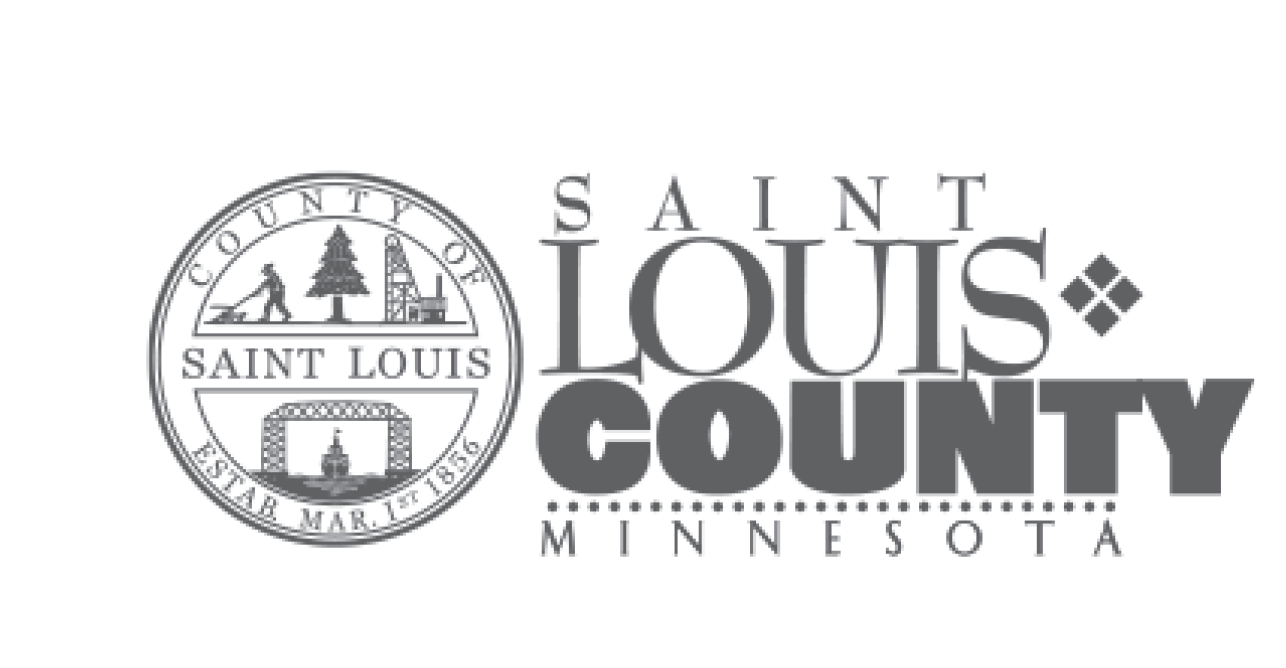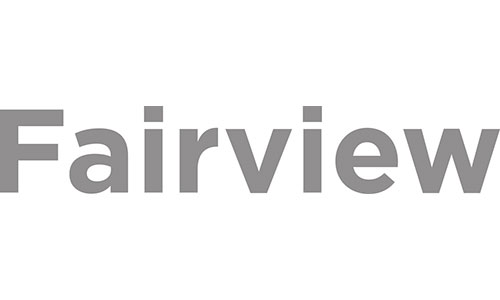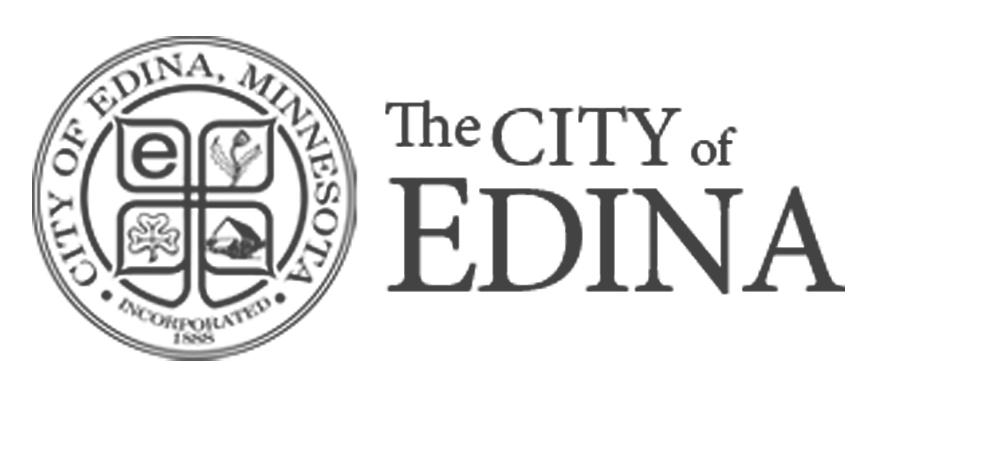Recently, I was working on a blog post about the importance of investing in branding. While I was doing my research, I came across this stat:
About 543,000 new businesses are started each month.
Lovely. Great. Perfect. This is exactly the wordbite I was searching for…except it wasn’t.
Why? Because it was a linkhole — a link that leads to another link that leads to a broken link. Aka, a link blackhole. What inspired this term? The journey to find the above stat’s origin. Initially, I found this info at 99 Firms. The link itself wasn’t included near the statement but actually was to be found at the bottom in the List of Sources section.

When I followed the link to Yahoo, a fuller story appeared.
Okay, well now this stat doesn’t support my claim so I don’t want to use it. But furthermore, where did Yahoo get this statistic? Back to the Google board. I copy and paste the figure into the search bar.
Article after article shows up. All touting this same number, ranging from 2013 to 2019.

I first visit Entrepreneur to find the original link. When I click on it, this shows up:

So I click on Docstoc. This is where it leads me. The stat I am basing an argument around doesn’t exist.

Let’s try one more time. This time I click on Forbes. The quote is there but isn’t attached to the link, but when I scroll to the bottom I find their resources. I venture there to do more digging. I run into the same problem. The source page no longer exists.
What do I do now? This stat is used across the internet, do I just throw in the towel and use it? Dang, I have a conscious. This stat won’t be seeing the light of my computer screen any day soon.
Track Your Links
This whole experience reminded me that it’s not just important to do research, but to do backup research. Just because everyone else is using it, doesn’t mean you should. Hopefully, your link leads right to the source and you can use it. If not, move on in your research and clap yourself on the back for doing a thorough job. There’s already enough fakery on the interwebs, better not add to it.
These linkholes aren’t usually intentional. Their original source just hasn’t been updated or doesn’t exist anymore. Which is a good reminder to check your own site.
Finding Broken Links on Your Site
Interlinking is uber important to SEO these days. So you may be saying to yourself, I hardly have time to create content and add links and now I have to worry about them breaking. Don’t worry, there are resources you can use. Luckily, there’s a Google Chrome extension that will scan your website and let you know if there are any broken links.
Check out: Check My Links
Another useful site is Ahrefs. This site can do an even deeper dive across an even larger site.
Build Links. Build Trust.
While I didn’t find the stat I was looking for, I did build a new appreciation for working links. It reminded me that if you want to be a serious resource for people, you’ve got to back your work up with serious resources. While that can be subjective to some people, I tend to lean on sites that conduct actual surveys or are known for their research capabilities.
Pass It On
Found a broken link? Be a good samaritan and let them know.
{{cta(‘5d92e304-794b-4f4f-bdeb-8979006a3a88’)}}



